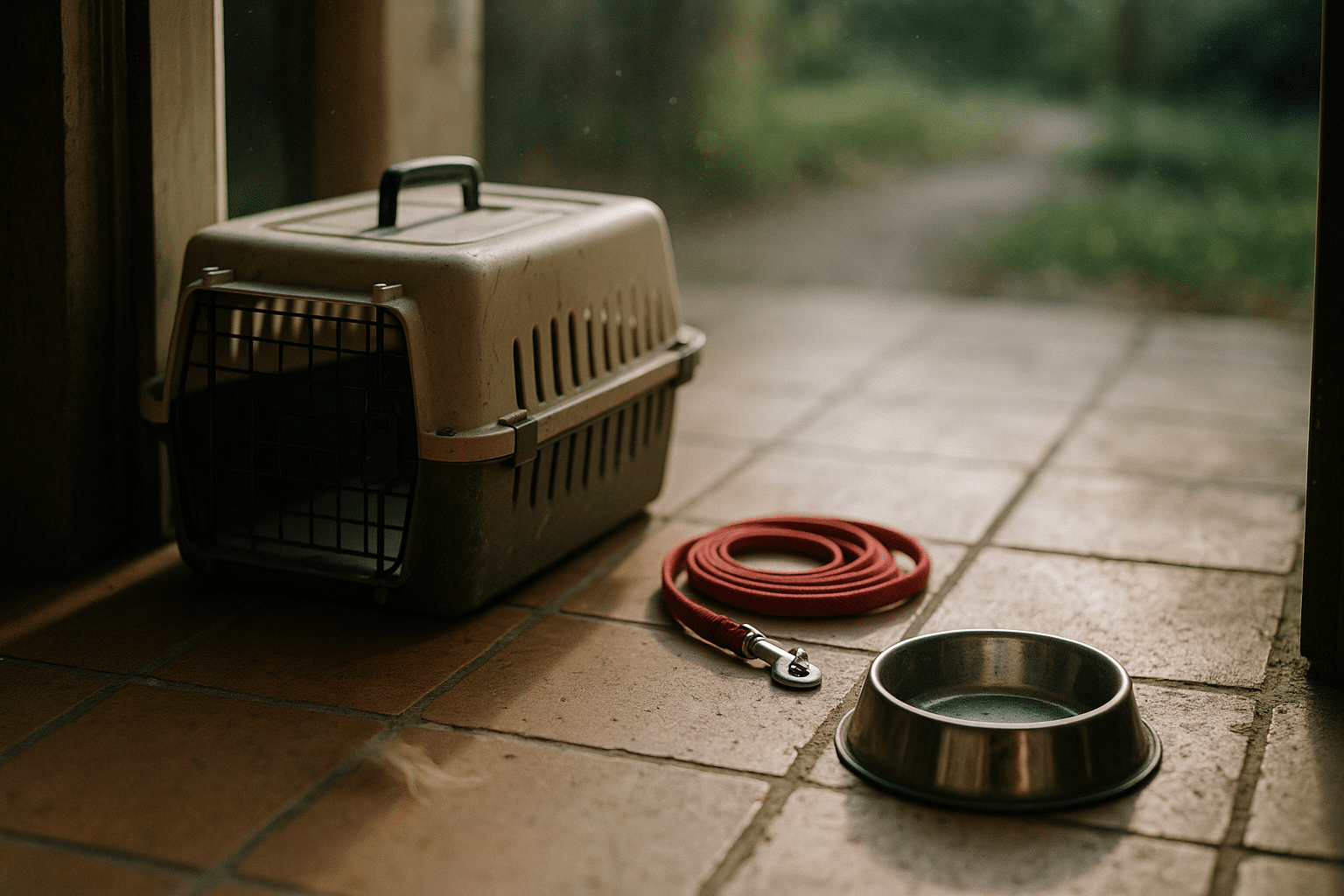
Eco-Friendly Kitchen Hacks to Save Energy and Water
Creating a sustainable kitchen isn’t just about using organic ingredients; it’s about adopting habits that save energy and water, ultimately reducing your environmental footprint.
Incorporating eco-friendly practices into your cooking routine can significantly impact the planet. By making small changes, you can conserve resources and reduce waste.
Understanding the Impact
According to the Environmental Protection Agency, the average American household spends about $2,000 a year on energy bills, with a significant portion attributed to kitchen appliances. By adopting energy-efficient methods, you can cut down on these costs and help the environment.
Expert Insights
Energy consultant Dr. Lisa Green emphasizes, “Simple changes in kitchen habits can lead to substantial energy savings.” Her advice includes focusing on the efficiency of appliances and being mindful of water use.
Actionable Tips for an Eco-Friendly Kitchen
1. Optimize Appliance Use
- Use energy-efficient appliances.
- Unplug devices when not in use to prevent phantom energy loss.
- Consider using a microwave or toaster oven for smaller meals to save energy.
2. Water Conservation Techniques
- Fix leaky faucets promptly to save up to 3,000 gallons of water annually.
- Install a low-flow faucet aerator to reduce water usage by up to 50%.
- Use a dishwasher instead of hand-washing for full loads to save water.
3. Reduce, Reuse, Recycle
- Compost kitchen scraps to reduce landfill waste.
- Repurpose glass jars for storage instead of buying new containers.
- Recycle packaging materials properly.
4. Cooking Efficiently
- Cook with lids on pots to retain heat.
- Use residual heat from the oven by turning it off a few minutes early.
- Batch cooking can save time and energy.
| Practice | Benefit |
|---|---|
| Use LED lights | Reduces energy use by 75% |
| Compost organic waste | Reduces landfill contribution |
| Install a low-flow aerator | Saves 50% of water use |
| Use energy-efficient appliances | Saves on electricity costs |
| Full dishwasher loads | Saves water compared to hand washing |
| Repurpose containers | Reduces waste |
| Batch cooking | Saves time and energy |
| Use microwave for small meals | More energy-efficient |
FAQs
How can I make my kitchen more energy-efficient?
Focus on using energy-efficient appliances and unplugging devices when not in use to prevent phantom energy loss.
What are simple ways to conserve water in the kitchen?
Fix any leaks, use a low-flow faucet aerator, and run the dishwasher only when full.
Conclusion
Adopting eco-friendly kitchen hacks not only saves money but also contributes to a healthier planet. By implementing these strategies, you can enjoy a more sustainable cooking environment and inspire others to follow suit.


